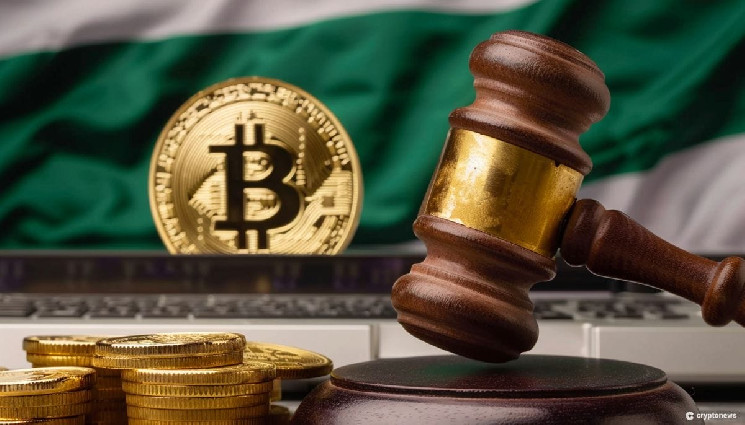The Nigerian government has imposed a staggering $10 billion fine on Binance as part of a crackdown on the platform in an effort to stabilize the nation’s local currency.
Bayo Onanuga, the special adviser on information and strategy to President Bola Tinubu, revealed the fine in an interview with the BBC, according to a report Premium Times reported on Friday.
According to Onanuga, Binance has allegedly profited significantly from “illegal transactions” in Nigeria while the country has suffered substantial losses.
Nigeria’s ONSA Confirms Investigation into Binance
The Nigerian government’s move comes after the Office of the National Security Adviser (ONSA) confirmed that it is investigating the operations of Binance and other cryptocurrency platforms.
The ONSA stated that it is coordinating an interagency investigation into Binance’s activities.
Earlier this week, the Nigerian government detained two executives of Binance who had flown into the country to negotiate with authorities amid the crackdown.
However, the meetings reached an impasse as Binance officials declined to meet some of the government’s demands.
The executives were accused of operating a business worth billions without the necessary registrations and documentation.
The Nigerian authorities demanded that Binance provide data on transactions involving the Nigerian Naira on its platform over the past seven years.
They also requested the removal of certain data relating to Nigeria from the platform.
However, the Binance executives insisted on being taken to their respective countries’ embassies before complying.
It is worth noting that Binance is not registered in Nigeria and has no physical presence in the country, according to Onanuga.
He alleged that people had been arbitrage trading the dollar-naira rates on the platform, which negatively impacted the value of the local currency.
Binance Cooperates With Nigerian Government
Onanuga claimed that Binance was cooperating with the Nigerian government by providing information and had already suspended naira-related transactions on its platform.
Last week, the exchange also introduced a price cap for Tether ( USDT) tokens on its peer-to-peer (P2P) platform in order to comply with local regulatory requirements.
At the time, it restricted traders on Binance’s P2P platform from selling USDT above the set cap of 1,802 naira per USDT.
Nevertheless, the Nigerian government is seeking at least $10 billion in retribution from Binance.
The Nigerian government’s actions against Binance and other crypto firms stem from concerns over continuous manipulation of the forex market and illicit movement of funds.
Authorities believe that these activities have contributed to the weakening of the naira.
In September 2023, Nigeria’s Securities and Exchange Commission (SEC) declared Binance Nigeria Limited illegal, stating that the platform was neither registered nor regulated by the commission.
Binance previously pleaded guilty to criminal money laundering charges brought by the U.S. Department of Justice, agreeing to pay $4.3 billion to settle the case.
Binance’s founder and CEO, Changpeng Zhao (CZ), also pleaded guilty and agreed to step down from his position.
CZ’s criminal trial has been postponed to April 30 by a U.S. court.

